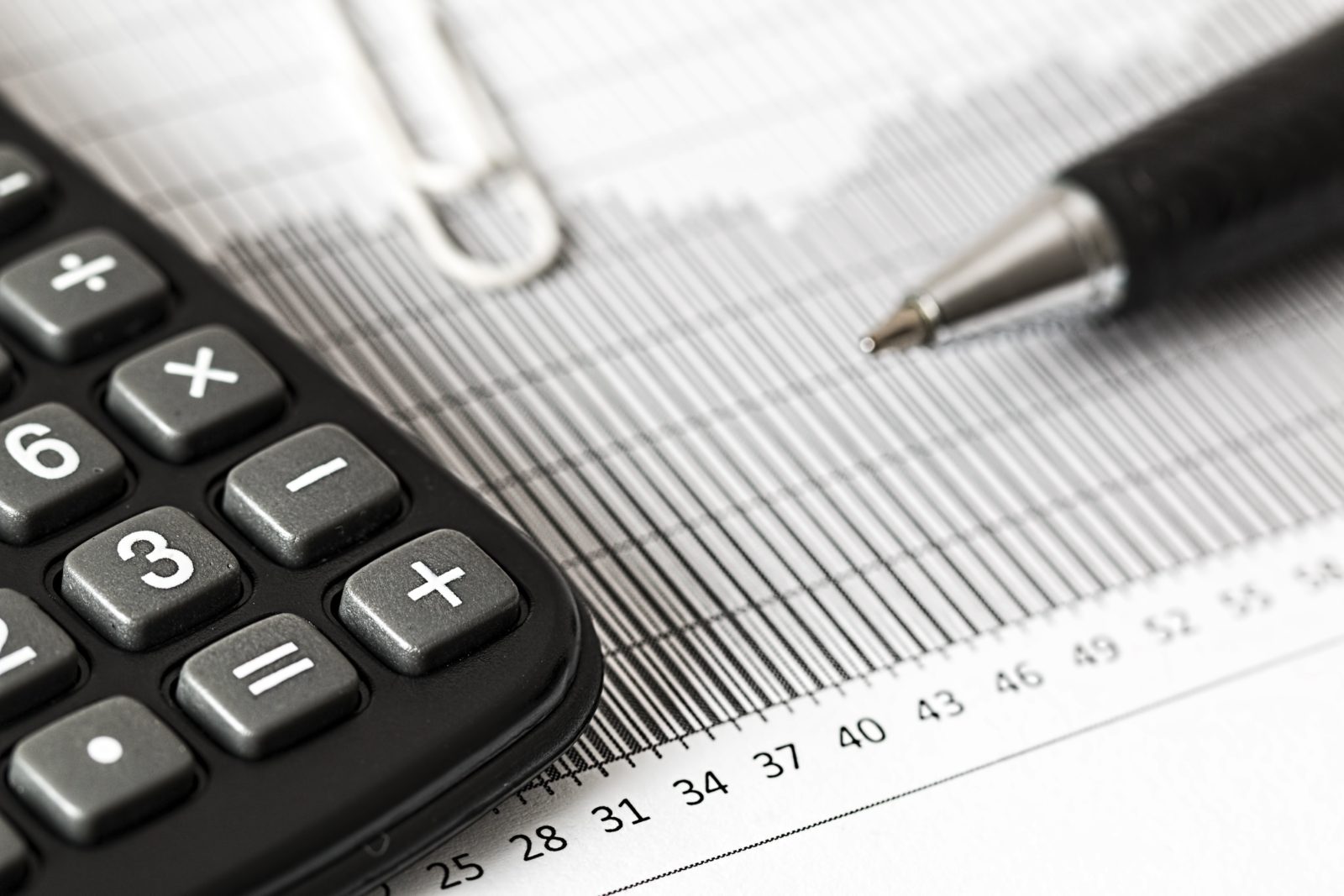The Czech Republic’s economy is projected to face a challenging year due to the increasing conflict and exploitation of trade vulnerabilities worldwide, according to economist Jana Matesová. The country’s return to pre-COVID levels might only be possible in the next year, given the successful curbing of inflation and improved competition protection.
Last year, the Czech Republic was the only European Union (EU) country that did not return to pre-pandemic economic performance levels. Matesová attributes this to poor fiscal policy since 2019 that destabilized public finances, a protracted fight against inflation, and the structure of the Czech economy.
In 2020, the Czech Republic faced a deep economic fall due to the extensive closing down of the economy. The state’s excessive distribution of public funds accelerated inflation, which had been high for a long time, posing a barrier to growth.
Matesová emphasizes the importance of lessening the country’s debt, launching investment programs, and controlling inflation by the central bank to return to pre-COVID levels by 2025. However, the risks of this target mainly stem from external factors, and the Czech Republic must detach from its dependency on Russia and utilize funds for technological changes linked to a green transformation.
The Czech Republic faces economic hurdles that require significant shifts in fiscal policy, investment strategy, and international trade relations. According to Matesová, the country’s return to pre-pandemic levels is possible with the correct measures, but these must be implemented swiftly to overcome current and upcoming challenges.






